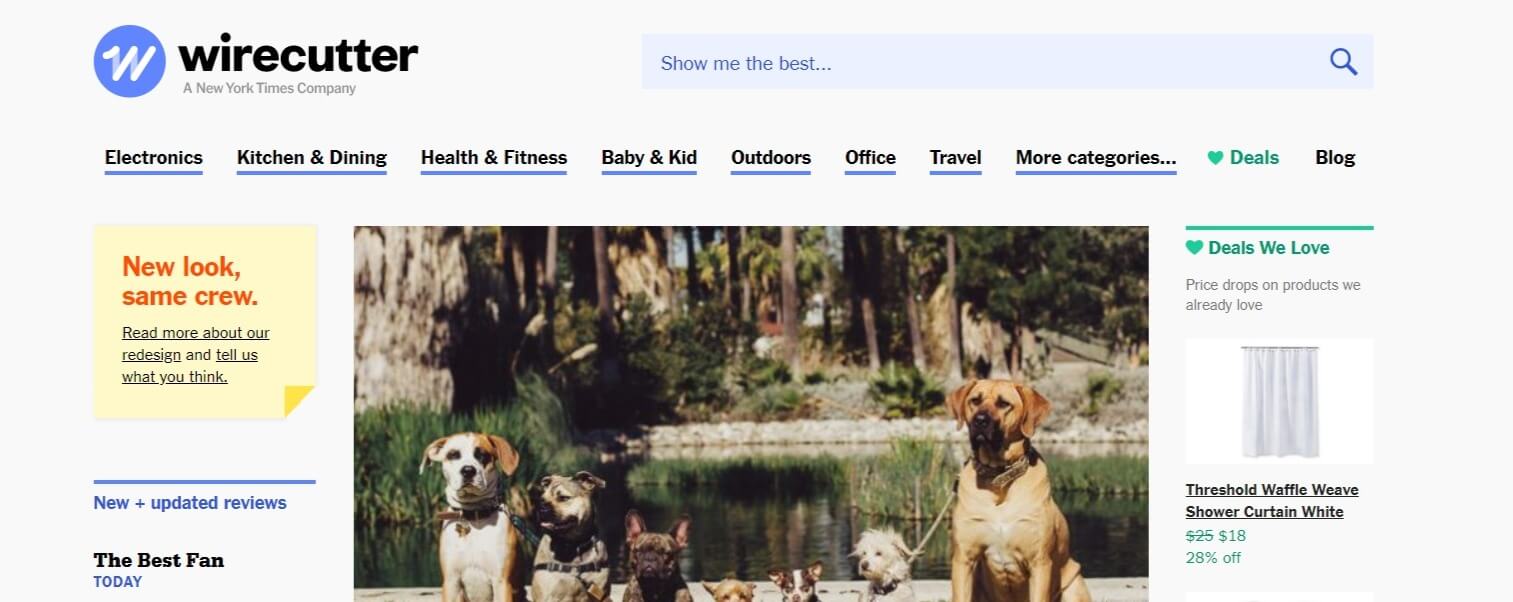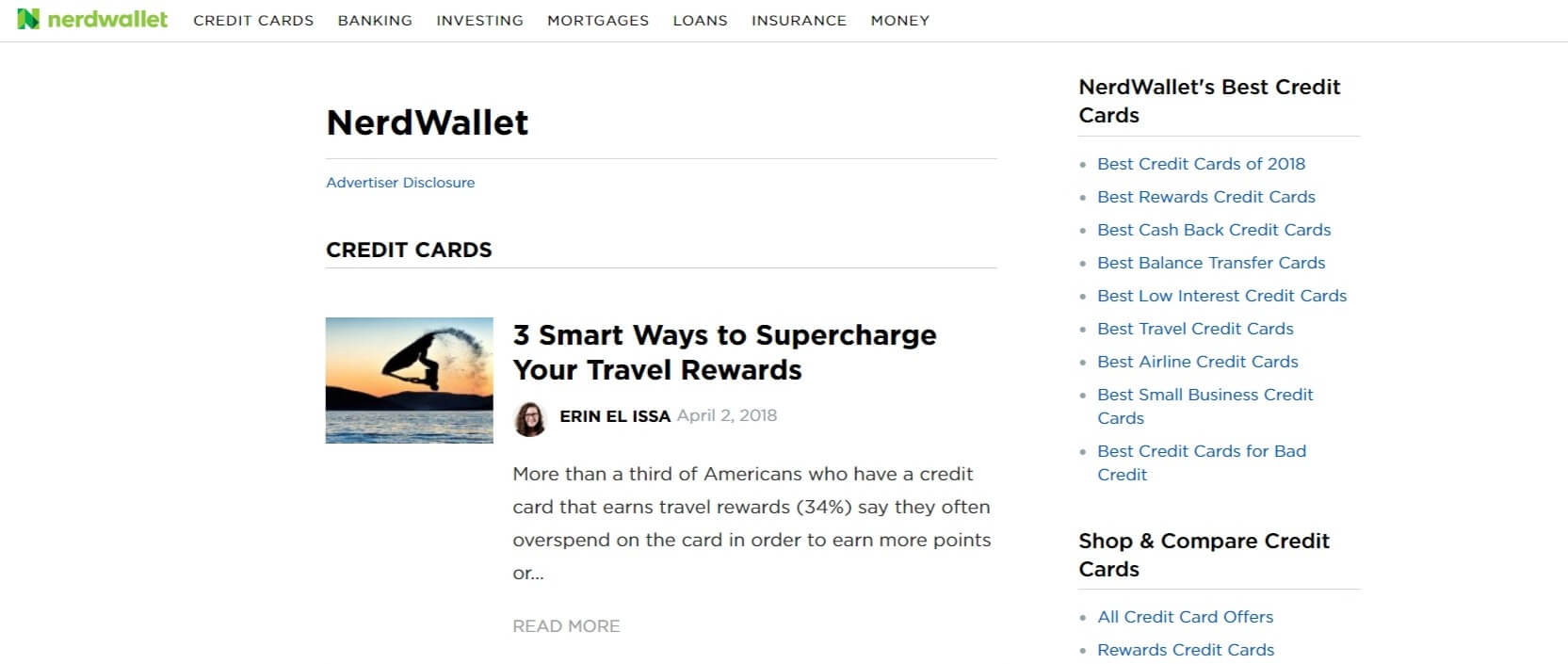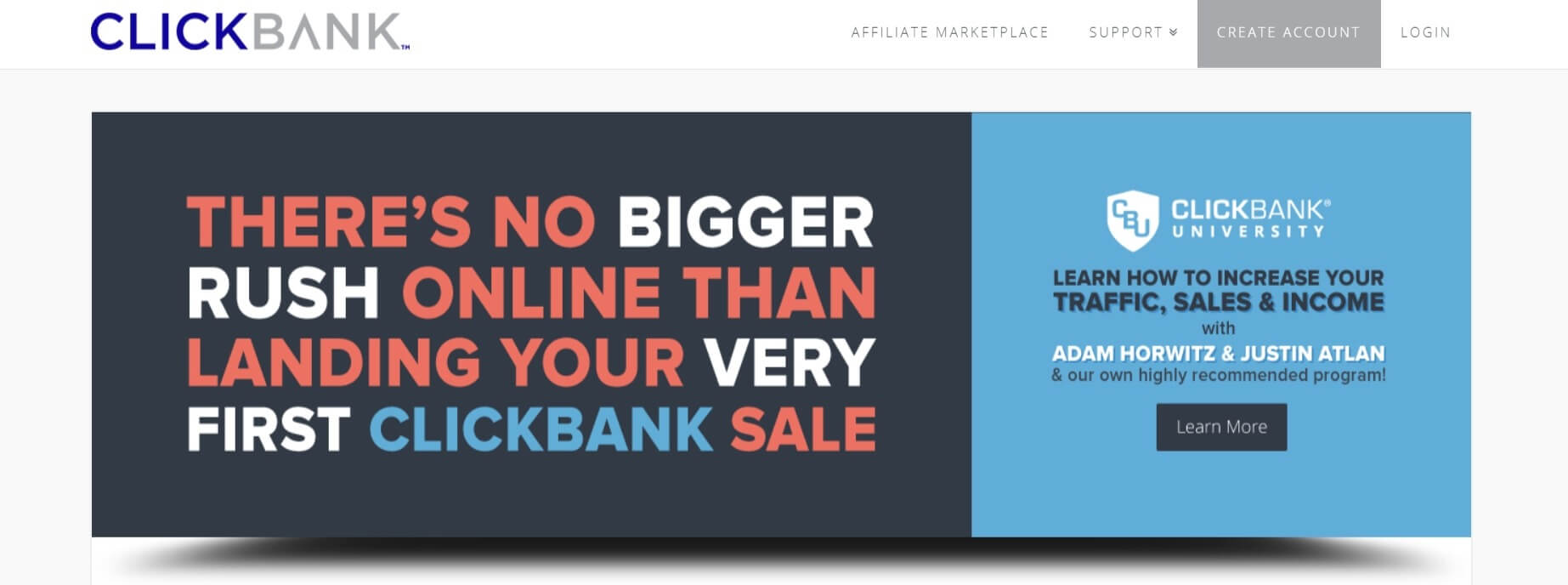How to Monetize Your Blog Using Affiliate Marketing

Contents
With so many blog monetization methods to choose from – including banner advertisements, sponsored posts, and affiliate marketing – it can be overwhelming to get started. After all, you want to choose the method that will offer the greatest potential return with the least amount of risk.
Enter affiliate marketing – a low-risk, high-reward option that’s popular among bloggers and social media influencers. By using affiliate marketing on your blog, you can transform your website into a profitable endeavor. It will require very little interruption to your current setup, while also offering increased value to your readers.
In this post, we’ll introduce affiliate marketing and why you should use it on your website. We’ll then share three tips for monetizing your blog using affiliate marketing, and explain how to effectively implement each (including with the help of Pretty Links). Let’s get started!
What Affiliate Marketing Is (And Why You Should Use It on Your Website)

Affiliate websites – such as Wirecutter – make money by advertising products/services of merchants.
Affiliate marketing is an arrangement between a merchant and an affiliate. The affiliate uses their platform – such as a blog, or social media profile – to advertise the merchant’s products. As a result, they’ll receive a percentage of any sales they send to the merchant.
Aside from profit, there are other reasons to get started with affiliate marketing. For example:
- It’s fairly inexpensive to start, as you only need a blog or website.
- It provides additional value to your readers.
- You can choose the products/services you promote yourself.
- You don’t have to worry about actually creating/shipping/supporting products yourself.
There’s also no limit to the amount you can make as an affiliate marketer. You can work with as many affiliate programs as you wish, and promote a wide variety of products/services.
How to Monetize Your Blog Using Affiliate Marketing (3 Tips)
While using affiliate marketing to monetize your blog isn’t difficult, it can be daunting to start. Here are three tips to help you out. Let’s dive in!
1. Choose a Profitable Niche

NerdWallet is an example of a niche blog within the finance industry.
A niche is a subset of a larger market that targets a specific audience. Which picking the ‘right’ niche is mostly about finding one that’s relatively easy to make money in, while not already overly saturated with marketers.
This is a critical step for any affiliate, as your niche’s profit potential will largely determine your niche blog’s success. To find the best niche for your blog, here are a few tips:
- Consider your own interests and expertise. It's always best to engage with a market you're already familiar with and knowledgable about. You may even be able to combine interests or narrow your subject matter to find a good niche.
- Perform keyword research. Using free online tools such as Keyword Tool, you can better understand the profit potential of keywords relating to your niche.
You want to find the right balance between profitability and accessibility. This ensures you’ll have the appropriate sales opportunities, while also being able to make a name for yourself in the market.
2. Select the Right Affiliate Programs for Your Blog Niche

Using an affiliate marketplace such as Clickbank, you can find the right affiliate programs.
As an affiliate marketer, you have your pick from hundreds of affiliate programs. Choosing the programs that fit your niche and appropriately target your audience is key to a successful affiliate blog.
You also have to consider how the programs benefit you. For example, whether they offer an appropriate commission rate. To get started finding the ‘right’ programs, we recommend you:
- Consider using affiliate marketplaces. Clickbank and ShareASale provide access to thousands of affiliate programs.
- Make a comparison spreadsheet. You can create a spreadsheet (with Google Sheets) to compare programs. For example, include commission rate, bonuses, and whether the program offers a resource hub.
By choosing higher quality programs (especially those with higher commission rates), you can increase your profits and reduce your workload.
3. Create an Effective Linking Strategy

Pretty Links is one tool you can use to create linking campaigns.
Links are a vital element of any website, but especially on affiliate sites. As an affiliate, you share links to affiliate products with your audience, and when these are used to make a sale, you get a slice of the profits. This is why a linking strategy is so important.
A linking strategy is a campaign that you create with one purpose in mind. You can create one on your own, or with the help of special link management tools such as Pretty Links. Here are a few techniques to ensure your strategy is as effective as possible:
- Track link statistics. Link statistics – including clicks and conversions – give you insight into visitor behaviors and help you optimize how to use your links.
- Use branded links. By branding your links, you can increase brand awareness and create a more cohesive look on your site.
You can also use your strategy on other platforms. These include social media, guest posts, and even email campaigns.
Conclusion
When determining how to monetize your blog, you may be faced with many seemingly impossible choices. However, affiliate marketing is an easy way to get started. By using affiliate marketing, you can create a profitable business that also provides value to your audience.
In this post, we’ve introduced affiliate marketing and why you should use it on your website. We’ve also shared three tips for getting started most effectively, including:
- Choose a profitable niche.
- Select the right affiliate programs for your blog niche.
- Create an effective linking strategy.
Do you have any questions about getting started with affiliate marketing, or how Pretty Links can help? Let us know in the comments section below!
Zachary G.
September 17, 2021
What can I do if my niche is so small and exotic that there isn't anything exactly fitting? How do I pick the next best thing?
Katelyn Gillis
September 22, 2021
Hi Zachary! Here are some great articles on niche research published by our sister product, ThirstyAffiliates: 3 Smart Ways To Find Profitable Sub-Niches Finding the Affiliate Product or Service that is Perfect for You How to Start Your First Affiliate Marketing Website (For Beginners) Take a look at these articles! They should be able to provide a few ideas on how to perfect your niche!